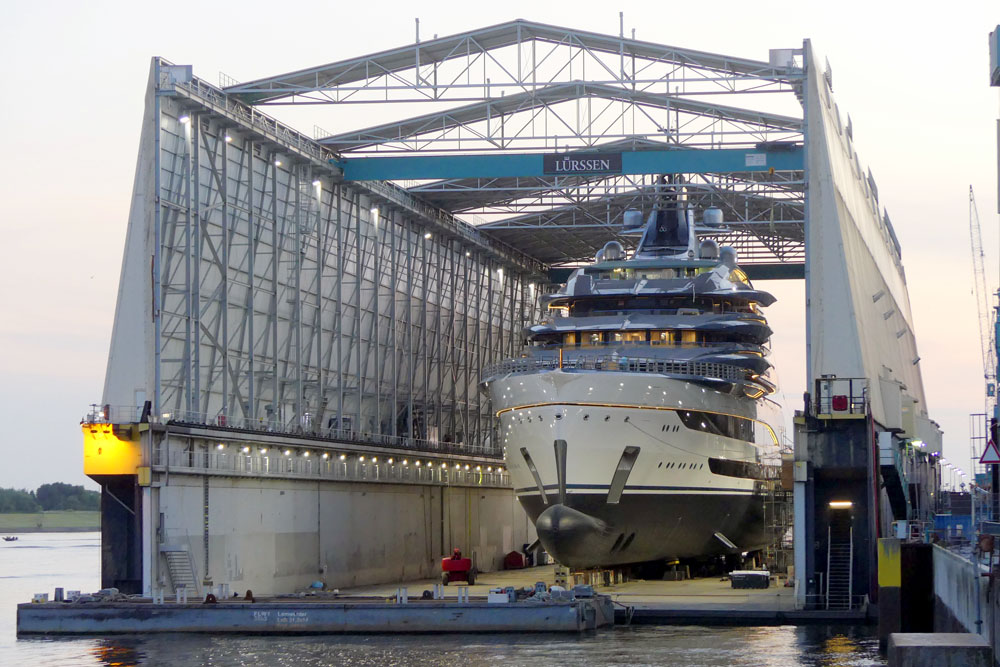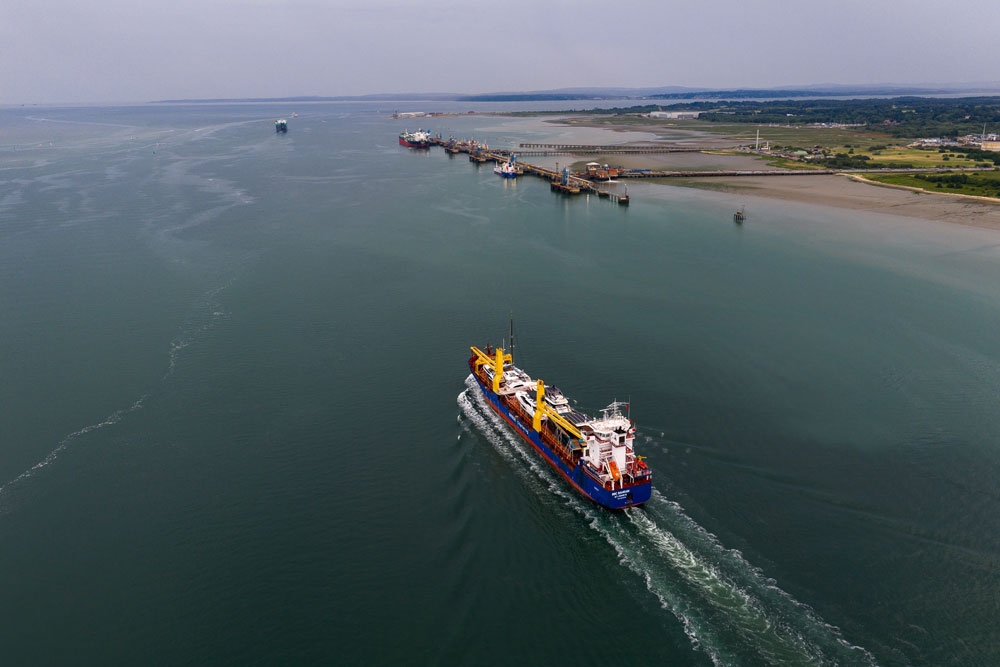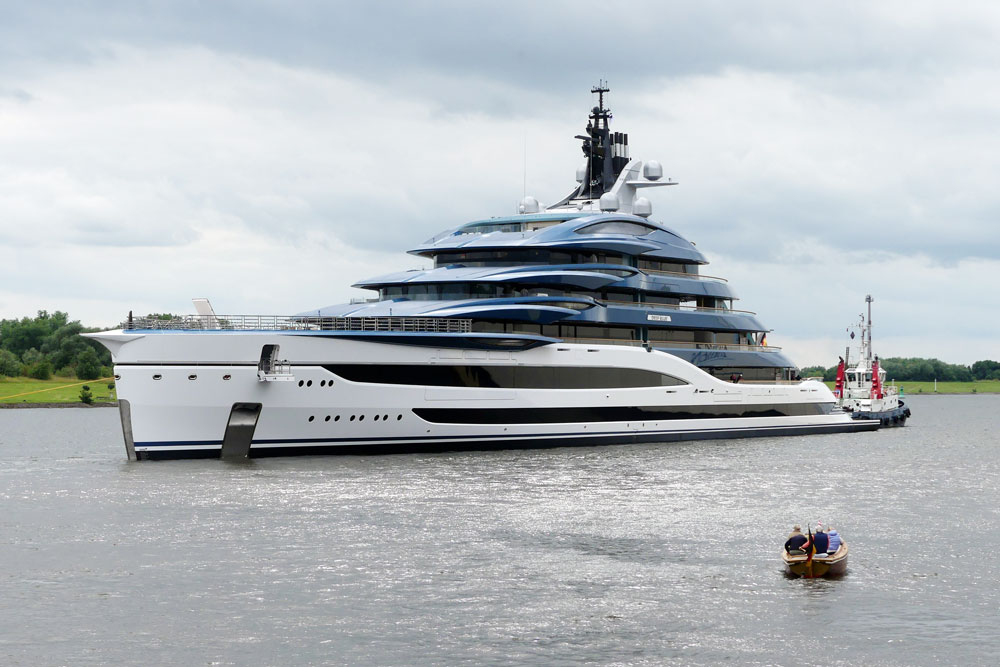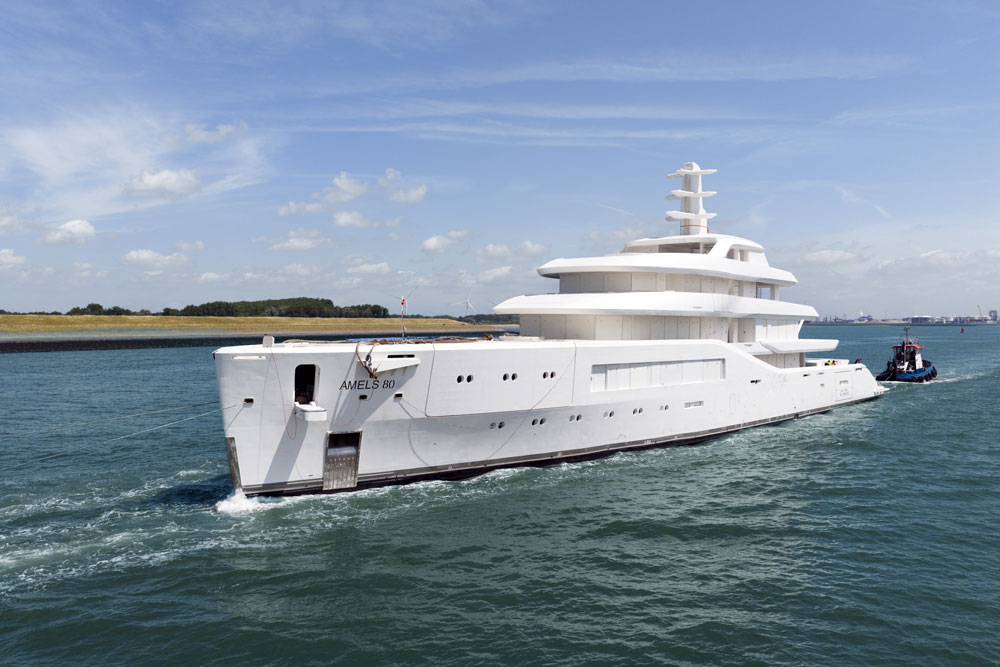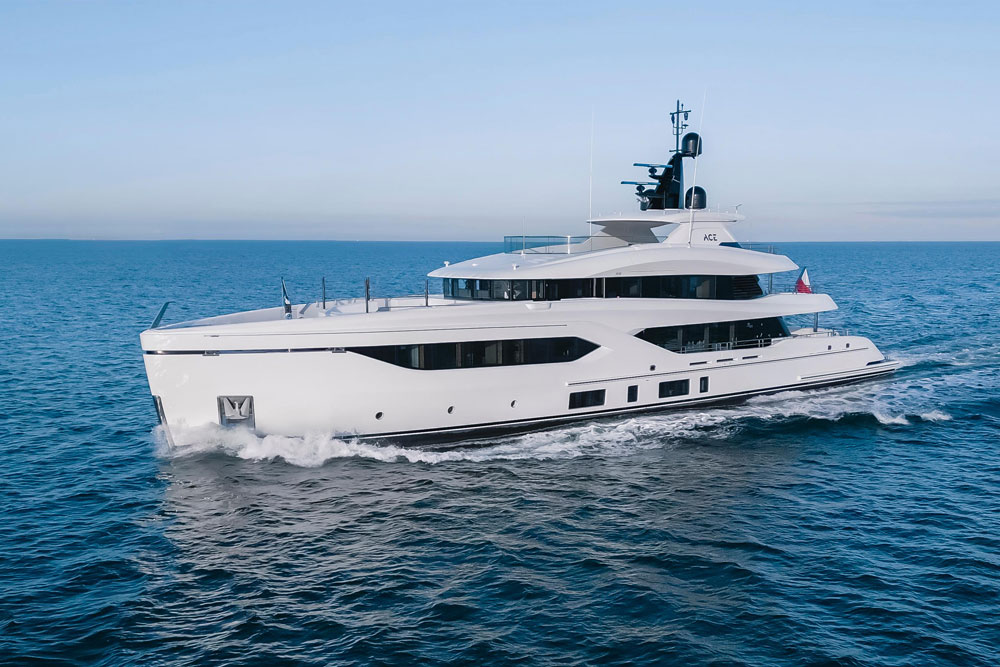IMO-III-compliant propulsion systems, hybrid solutions and engines for sustainable fuels – Rolls-Royce is launching a range of “green” propulsion systems for yachts under its mtu brand.[ds_preview]
As the company has now announced, mtu Series 2000 propulsion systems with exhaust gas aftertreatment for production yachts are to be launched from April 2022. “Further new technologies will follow to help yacht manufacturers and operators achieve their sustainability goals and those of the Paris Climate Agreement,” says Nicola Camuffo, who heads the Yacht Competence Center of the Rolls-Royce Power Systems business unit in La Spezia/Italy.
A new generation of mtu Series 16V2000M97L engines will be available from April 2022 with an integrated exhaust gas aftertreatment system. According to the information provided, this will allow production yachts to sail in particularly protected areas, for example in ECA zones such as the North American coast, the Caribbean and the North and Baltic Seas. According to Rolls-Royce, the systems with SCR units significantly reduce particulate and nitrogen oxide emissions. The IMO III propulsion system will be delivered for the first time in the fall and tested in a production yacht from the beginning of 2022. Further engine variants of the mtu Series 2000 will gradually become available for IMO III operation.
Hybrid propulsion systems available from 2023
Rolls-Royce is initially offering hybrid solutions for production yachts with mtu Series 2000 engines and variable electric power, which will cover a power range of around 1,000 to 1,939 kW per powertrain. In addition to the engines, the system also includes electric drive modules, gearboxes, batteries, control and monitoring systems and other electronic components. Rolls-Royce’s concept for an mtu series hybrid system comprises a modular construction kit with standardized components and concepts for different ship types and sizes. No sulphur, nitrogen oxide or particulates are emitted in pure electric operation.
Ready for sustainable fuels
Also from 2023, the mtu Series 2000 and 4000 yacht engines will be approved for sustainable EN 15940 fuels such as e-diesel and second-generation biofuels. HVO (Hydrotreated Vegetable Oil), for example, is a biofuel that can be produced from waste ina CO2-neutral way and enables low emissions as well as clean and efficient combustion.
The engineers at Rolls-Royce’s Power Systems business unit are also working on other new technologies such as fuel cell systems and methanol engines. “There will be different propulsion concepts in the future, depending on the specific needs of yacht owners, shipyards and the respective infrastructure. We look forward to exchanging ideas with customers and other experts in order to drive forward innovations together, for example by means of pilot installations,” explains Nicola Camuffo.



